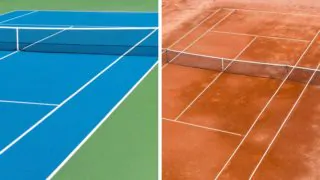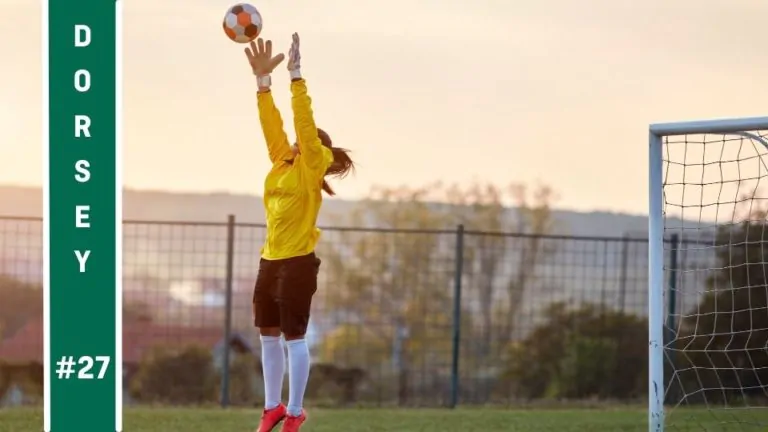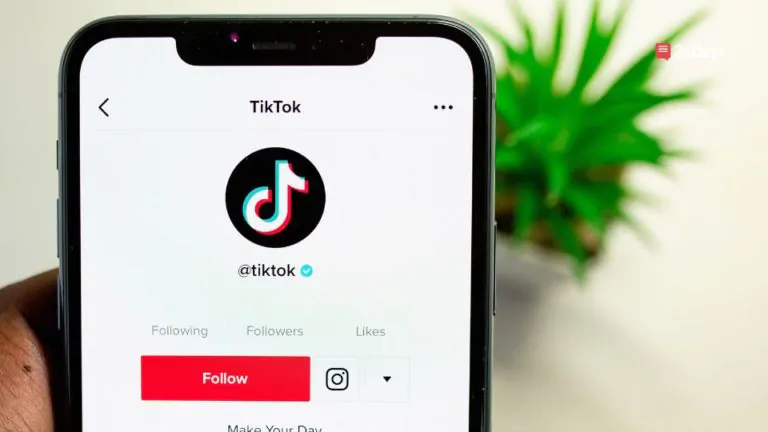Before applying, it's a good idea to fully understand all the rules and details of the different divisions/leagues and academic expectations. While it can't hurt to officially read over the rulebooks, here are the main concepts you need to know:
Eligibility Center
The NCAA Eligibility Center determines whether an athlete is in good standing to compete at Division I or II levels. They have to meet academic requirements (graduation, SAT, TOEFL) as well as remain an amateur in the junior career.
NIL
Name, Image, and Likeness is a new policy put into effect July 1st, 2021. It allows student athletes to profit off their likeness, enter endorsement deals, and make money creatively through podcasts, social media channels, and more. It also grants them the ability to teach their sport. Each school, state, and the overall NCAA will have different regulations athletes need to adhere to.
Division Rules
Depending on the division you want to compete for, you will need to understand that the recruiting rules, playing rules, academic rules, and others will change from division to division. When division rules are broken, athletes may face suspension or lose eligibility.
League Rules
The NCAA, NAIA, JuCo, and other leagues have different sets of rules and regulations that allow athletes to participate and obtain scholarships in their leagues. Each league will have a set of regulations available for athletes to follow.
College-Specific vs NCAA Rules
The NCAA has a hefty handbook of all the rules athletes and member schools have to follow. At the beginning of the year, compliance will go over these rules with athletes to ensure everyone is in good standing.
Additionally, schools have the ability to enforce their own academic and athletic standards and policies that comply with the NCAA but are specific to that school, so make sure you meet these requirements as well.
National Letter of Intent
A signed National Letter of Intent (NLI) is the contract signed between the athlete and the school. The NLI states that the athlete has committed to the school in exchange for whatever financial or athletic aid they have agreed upon. This contract binds the athlete to the school for the term specified, and requires the athlete to follow the league and school rules.
This signifies that an athlete will not be able to talk to other schools or be recruited by other schools while under contract with their current school. Should an athlete want to transfer or get out of their binding agreement, they will need to request a release from the coach and the school.
Verbal Commitment
A verbal commitment to a school is your honor and word that you will play for that school under the agreement that has been offered by the school and coach. Unlike the NLI, it is a non-binding commitment that can be broken on either end.
This is more of an honor system that both athletes and coaches are expected to abide by.
* Originally published on November 19, 2021, by Brittany Collens






